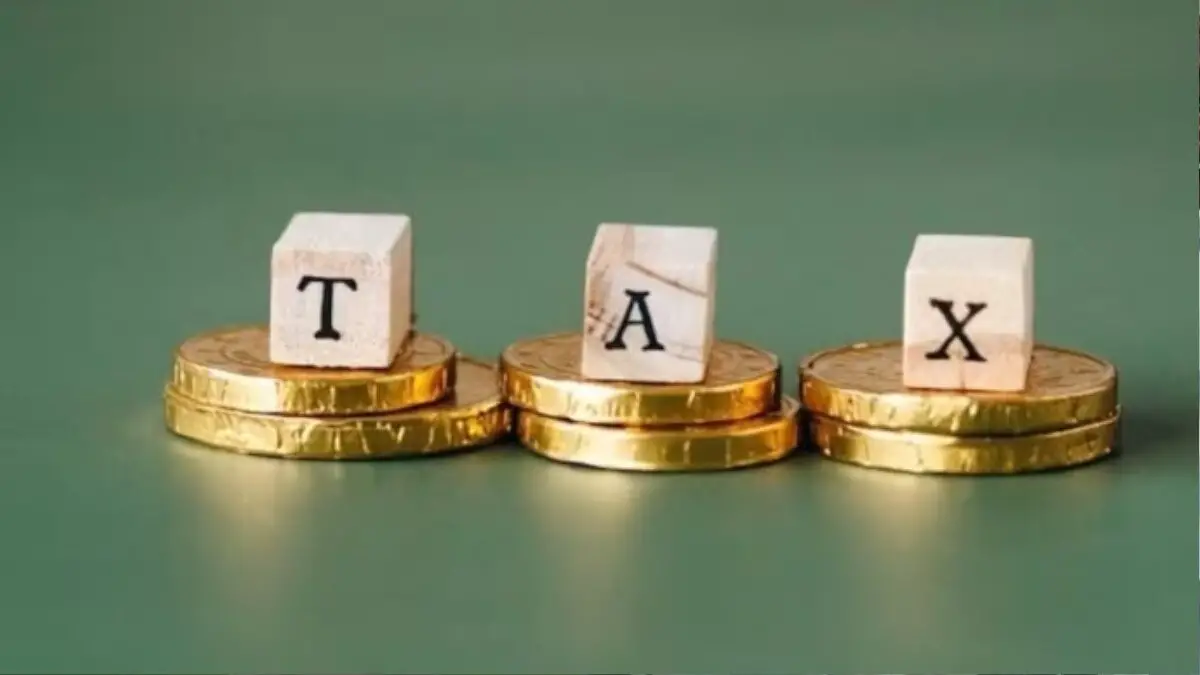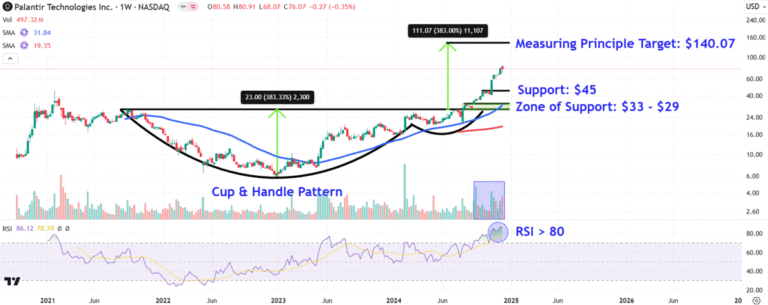‘22.6% of income’: Why Thomas Piketty thinks India must tax its super rich now
French economist Thomas Piketty has called on India to tax its super-rich, citing alarming levels of inequality. Speaking at an event hosted by Delhi-based think tank RIS and the Delhi School of Economics, the author of Capital in the 21st Century urged India to act on the G20 finance ministers’ July pledge to cooperate on taxing the world’s largest fortunes.
“India should be active in taxing the rich,” Piketty said, proposing a 2% wealth tax on individuals with assets exceeding ₹100 million ($1.18 million) and a 33% inheritance tax on property above the same threshold. According to his estimates, these measures could generate additional revenue equivalent to 2.73% of India’s GDP annually.
The concentration of wealth among India’s richest has surpassed that of wealthier nations. Citing a 2024 World Inequality Lab report he co-authored, Piketty revealed that the top 1% of India’s population controls 22.6% of national income and 40.1% of the country’s wealth, figures higher than in the United States and Brazil.
This concentration has been fueled by soaring fortunes among India’s elite. In the past year, the cumulative wealth of India’s 100 billionaires surged by over $300 billion, reaching $1.1 trillion, driven largely by a stock market rally, according to Forbes.
India abolished its wealth tax in 2015 and has resisted calls to reintroduce it. Finance Minister Nirmala Sitharaman has argued against an inheritance tax, citing potential burdens on the middle class. Chief Economic Adviser V. Anantha Nageswaran echoed this sentiment at the same event, warning that higher taxes could lead to capital outflows.
As debates over wealth inequality and taxation intensify, Piketty’s call underscores a growing tension between addressing economic disparity and protecting economic growth.
#income #Thomas #Piketty #thinks #India #tax #super #rich







